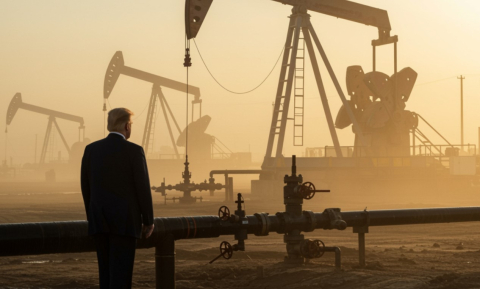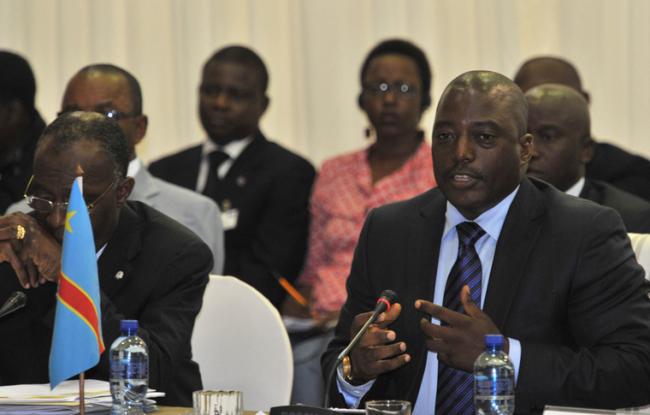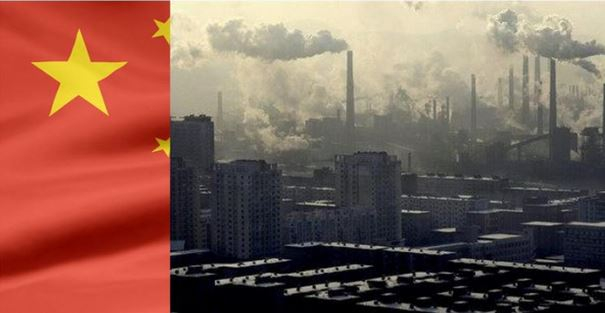Energy - Climate
In the face of the climate emergency and geopolitical confrontations, how can we reconcile security of supply, competitiveness, accessibility, decarbonization and acceptability? What policies are needed?
Related Subjects

DRC’S Regional Positioning, in Between the African Great Lakes and Southern Africa
How transparent are the Democratic Republic of Congo’s regional strategies?
Japan's Energy and Climate Policy: Towards Dispelling the Uncertainties
Four years after the Great East Japan Earthquake and a few months before the opening of the Paris Climate Conference, Japan is about to clarify its energy and climate policy.

Financing Nuclear Power Plant Projects: a New Paradigm?
Considerable investment will be needed in order to meet increasing world-wide demand for energy and replace ageing existing plants. In a context where struggling against climate change is a widely shared objective, a sizeable portion of the $16000Bn future investment in electricity generation should be made in low-CO2 sources of energy - renewables and nuclear power generation facilities.


Oil Giants Band Together to add Voice to Climate Debate
Europe’s largest oil companies are banding together to forge a joint strategy on climate-change policy, alarmed they’ll be ignored as the world works toward a historic deal limiting greenhouse gases.
China's Coming of Age on Climate Change: Just in time for Paris?
The upcoming Paris climate conference (COP21) is opening the door to a new post-2020 climate regime in which China and other large emitters will have to provide strong evidence of their domestic efforts in addressing global warming in the next century.

Demand Response in Europe’s Electricity Sector: Market barriers and outstanding issues
In October 2014, Europe’s drive for sustainability has been further continued with the set objectives for 2030, aiming for 40% emission reduction compared to 1990 levels and at least a 27% share of renewable energy sources. For the longer term, the European Commission (EC) targets a zero CO2 emitting electricity sector in 2050. Those objectives for the electricity sector have a large impact on the expected development of electricity generation, but also on the evolution of demand. To meet those objectives, a larger share of electricity supply will come from intermittent sources like wind turbines and solar panels.
Road to Paris: What Would Be a Successful Outcome for COP21?
Eight months before the opening of the Paris climate conference (COP21), it can be reasonably argued that a global climate agreement is now within reach.
Carbon Risk and the Fossil Fuel Industry
As calls for ambitious climate action intensify, questions arise concerning the resilience of the fossil fuel industry in a world ever more inclined to favour climate protection. This article will attempt to assess the extent of present risks and show how the strength of debate can affect practices and strategy employed by companies in this sector.
Support independent French research
Ifri, a foundation recognized as being of public utility, relies largely on private donors – companies and individuals – to guarantee its sustainability and intellectual independence. Through their funding, donors help maintain the Institute's position among the world's leading think tanks. By benefiting from an internationally recognized network and expertise, donors refine their understanding of geopolitical risk and its consequences on global politics and the economy. In 2024, Ifri will support more than 70 French and foreign companies and organizations.









